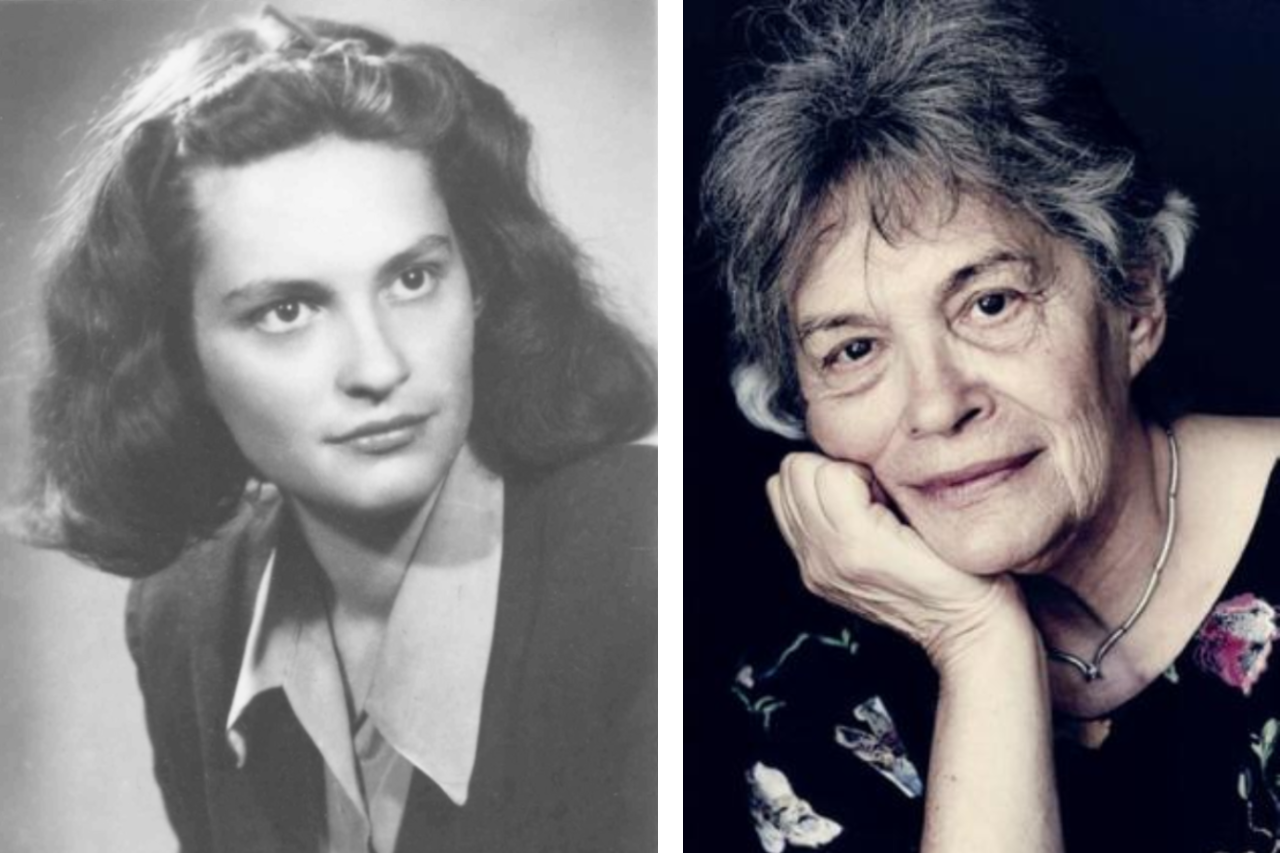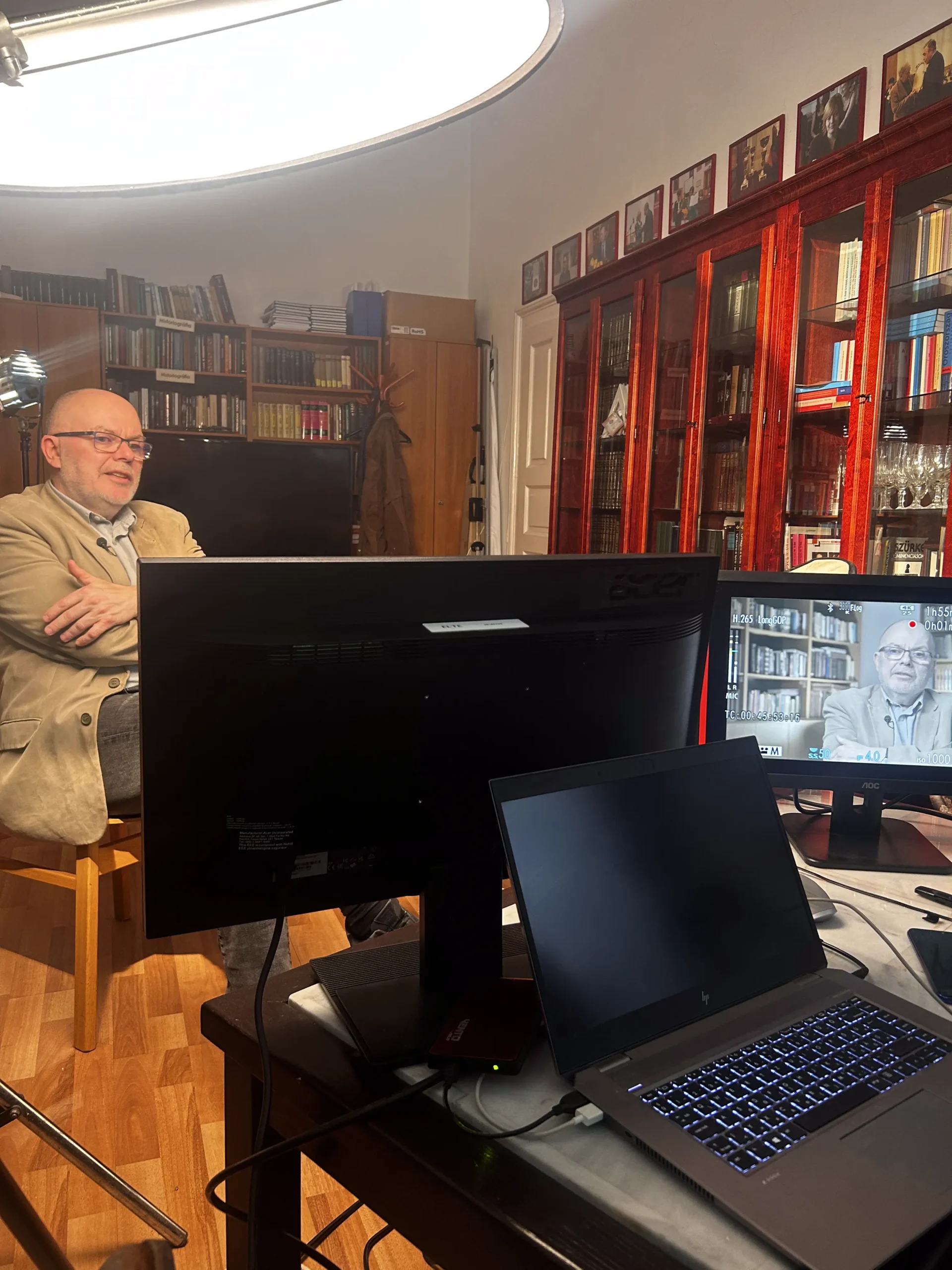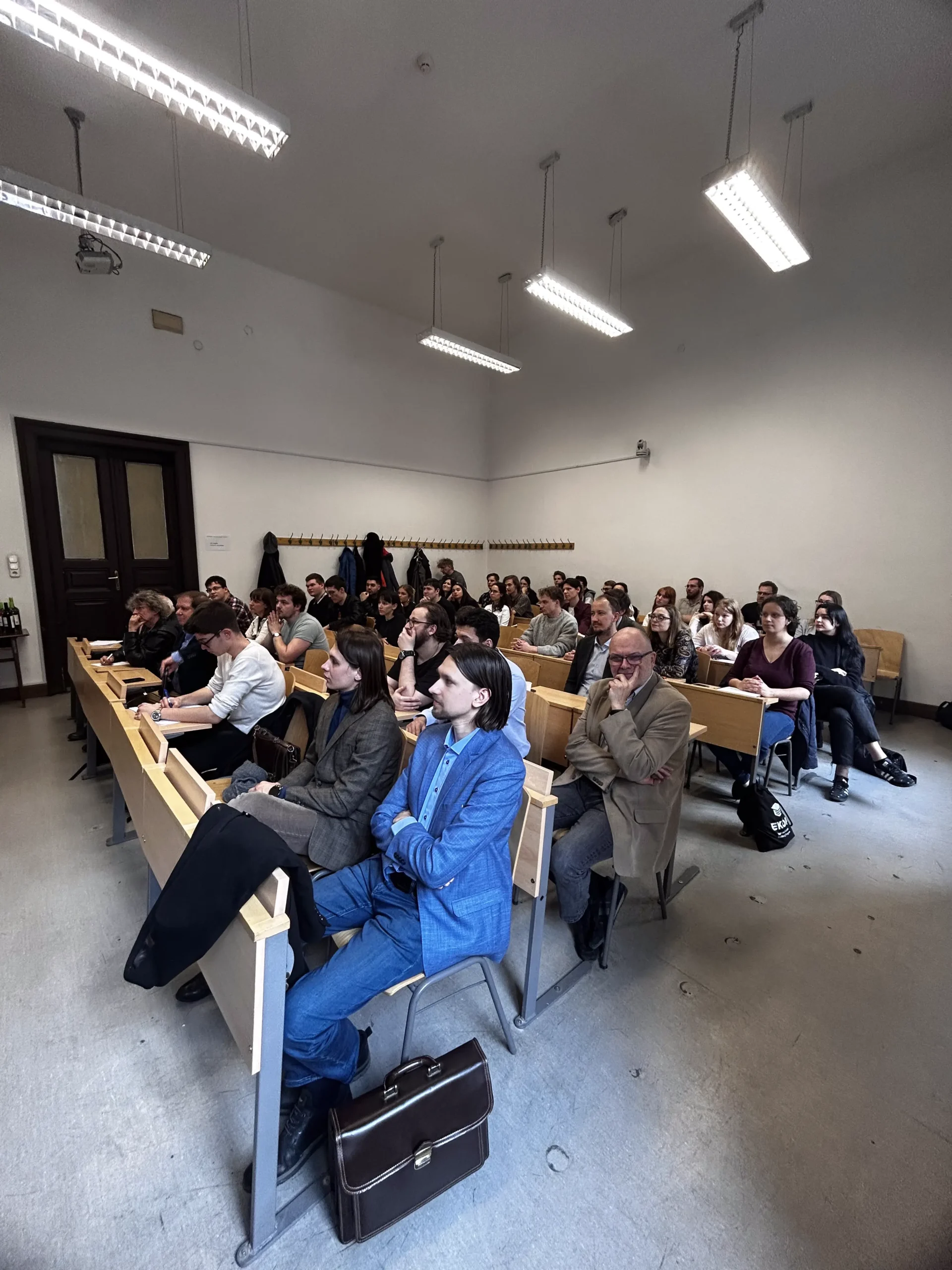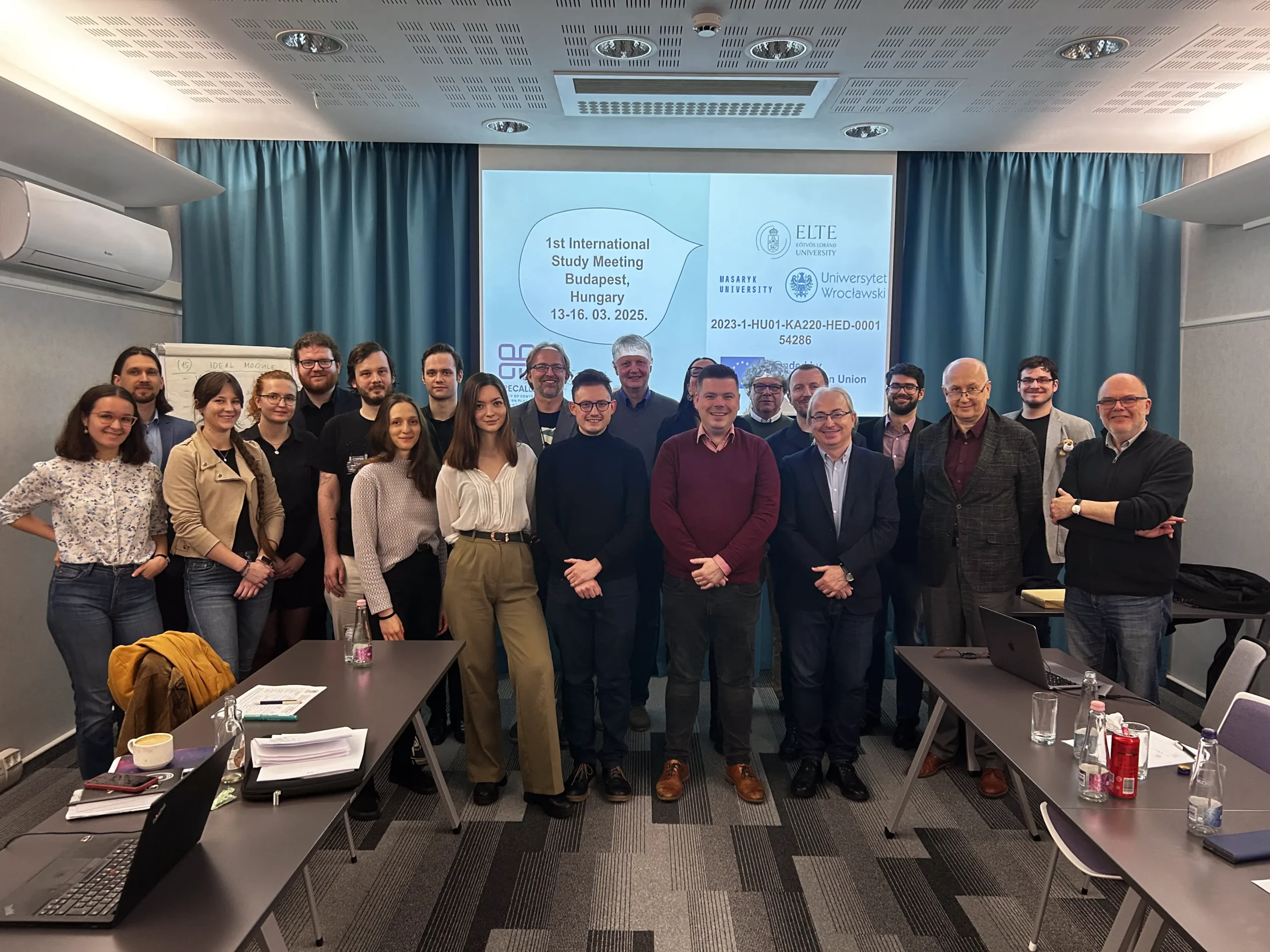Alaine Polcz – Psychologist, Writer, and Pioneer in Hungarian Thanatology – Kolozsvár (Cluj Napoca)
Fact of the Hungarian figure „Terezia Brunszvik and the First Hungarian Kindergarten”
Part of the „The emancipation of women” topic
Alaine Polcz (1922–2007), born in Cluj-Napoca (Kolozsvár), Romania, was a groundbreaking Hungarian psychologist and writer whose work focused on thanatology, the study of death and mourning, as well as child psychology. She made significant contributions to the hospice movement in Hungary and was a pioneer in providing psychological support to the terminally ill. Polcz’s early life in Transylvania and her experiences during World War II had a profound impact on her work. She endured severe hardships during the war, including injuries that left her in a state of clinical death at one point. These personal traumas shaped her deep understanding of human suffering and resilience, themes that would define her career.
After the war, Polcz studied psychology at Eötvös Loránd University in Budapest, where she specialized in the psychology of the sick and dying. She published numerous studies in this field and was instrumental in developing play therapy for children in Hungary, establishing the first playroom for children in a clinical setting. Her pioneering work in child psychology brought new methods of healing and care to young patients, particularly those facing trauma or illness.
Polcz was also an accomplished writer, and her most famous book, A Wartime Memoir: Hungary 1944–1945 (Asszony a fronton), published in 1991, provided a brutally honest account of the experiences of women in Eastern Europe during World War II. This memoir offered a rare female perspective on wartime violence, trauma, and survival, making it a landmark in Hungarian literature. Her writings not only brought attention to the suffering endured by women during the war but also helped open discussions on trauma and recovery in post-war Hungary.
Throughout her life, Polcz was deeply committed to promoting psychological care for the terminally ill, playing a key role in establishing the hospice movement in Hungary. She advocated for a compassionate approach to end-of-life care, ensuring that patients could face death with dignity and emotional support. Her work in this field laid the foundation for modern palliative care in Hungary.
Married for over 50 years to the Hungarian writer Miklós Mészöly, Polcz’s professional and personal life were intertwined with a commitment to humanity and solidarity. Her legacy as a psychologist, writer, and advocate for both women’s rights and compassionate care continues to inspire in Hungary and beyond.





